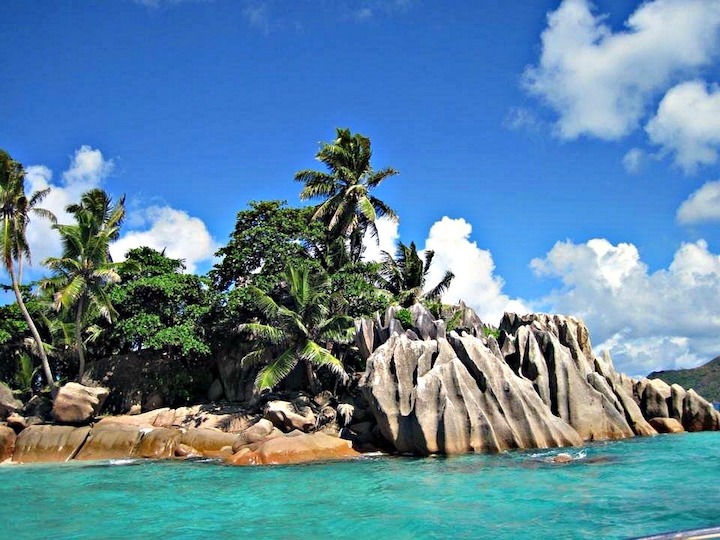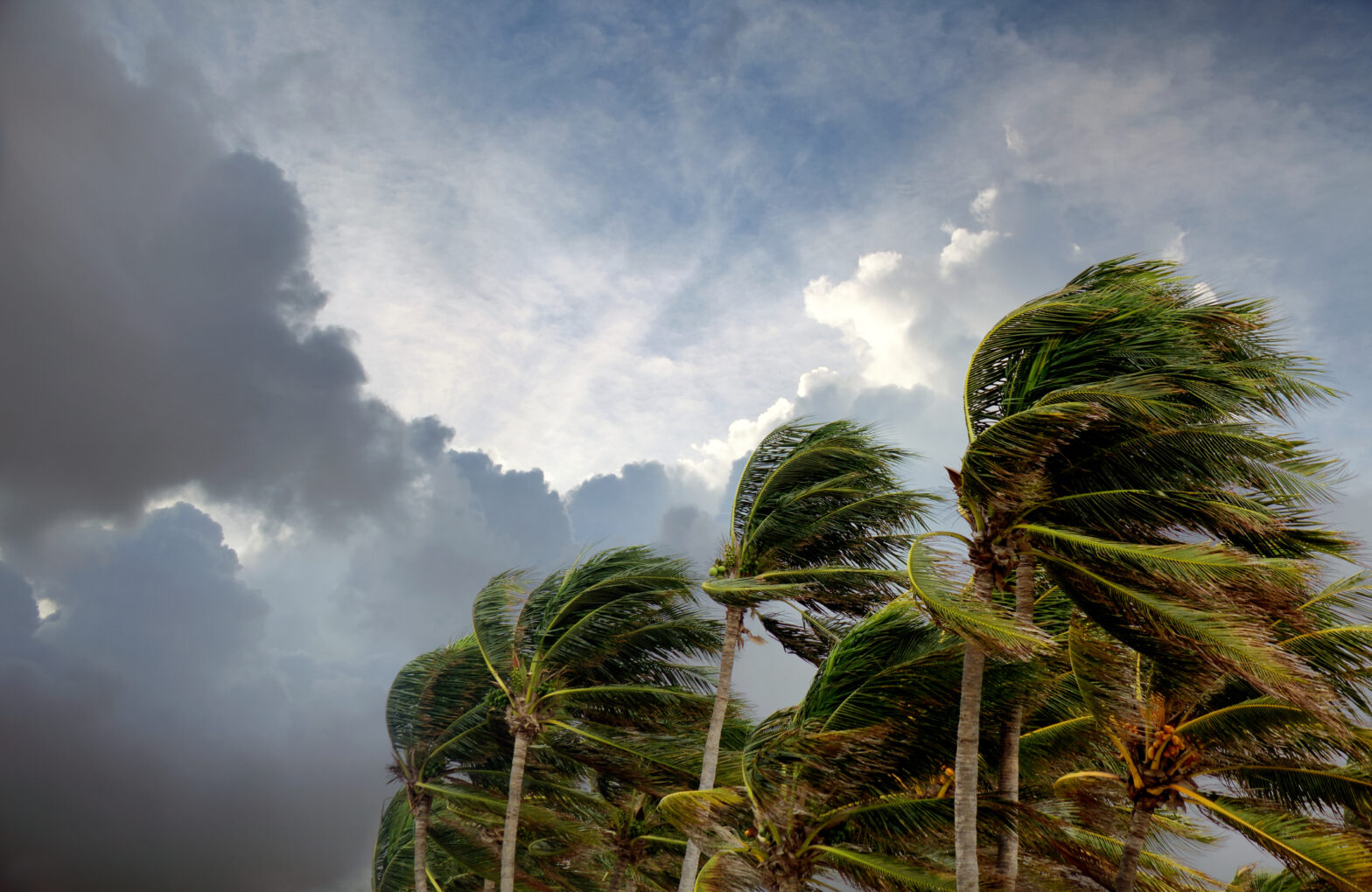The Seychelles government has taken a bold step towards environmental sustainability in its thriving tourism industry by introducing an environmental sustainability levy. It will go into effect on Aug. 1. The Vice President, Ahmed Afif, announced the implementation of the levy on Thursday. He revealed a three-tiered approach aimed at ensuring a fair and inclusive contribution from tourism establishments.
The new tourism environmental sustainability levy may foster a sense of collective responsibility. Tourists are contributing to the preservation of Seychelles’ unique and fragile natural environment with this levy. By making this investment, Seychelles endeavors to set an example in the fight against climate change and environmental degradation.
Seychelles’ Cabinet of Ministers gave its approval for the levy during its recent meeting on Wednesday. This followed extensive discussions with stakeholders in the tourism sector. Vice President Afif highlighted that the government aimed to strike a balance between environmental preservation and the interests of all parties involved.
Under the new levy system, the government established three different rates. Small hotels will pay Seychellois Rupees (SCR) 25, which is approximately $2. Medium-sized hotels will pay SCR 75, which is about $6. Large hotels will face a levy of SCR 100, approximately $8.
The Department of Tourism will be responsible for categorizing hotels based on existing legislation to ensure accurate levy implementation. The levy will be collected like Value Added Tax (VAT). There is an additional line on invoices specifying the environmental tax. It will be levied on a per-person, per-night basis.
However, certain exemptions have been put in place to accommodate specific groups. Children, under the age of 12, airline company staff, and Seychellois citizens will be exempted from paying the sustainability levy.
Addressing concerns about the potential impact on Seychelles’ main tourism markets in Europe, Vice President Afif emphasized that the levy’s costs were reasonable. He cited an example of a small hotel guest paying SCR 25 per night, which would amount to only SCR 210 (approximately $15) for a ten-night stay. While acknowledging that the cost might be slightly higher for guests in larger hotels, Afif highlighted the importance of early communication to inform visitors about the levy’s purpose and encourage their support.
In a statement, Vice President Afif underscored the critical role of the sustainability levy in funding environmental initiatives and advancing renewable energy projects in Seychelles. He emphasized that the country, despite being small, disproportionately is affected by environmental issues, resulting from actions in industrialized nations. Rising sea levels are an example of the global impact on Seychelles.





